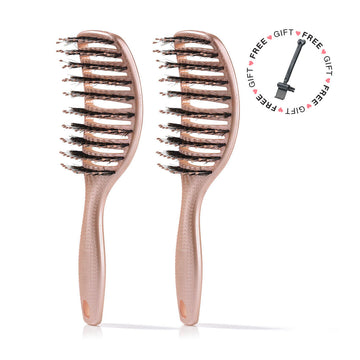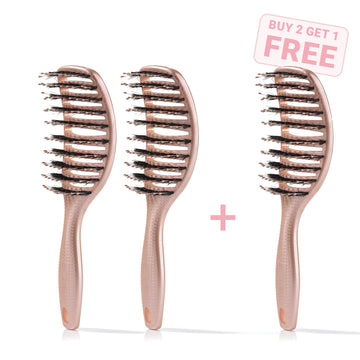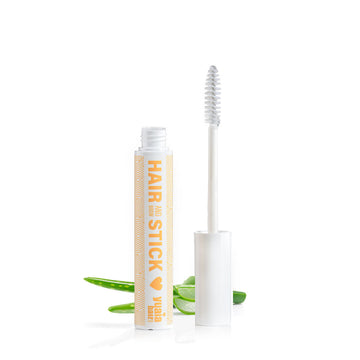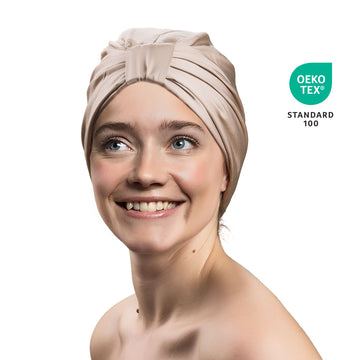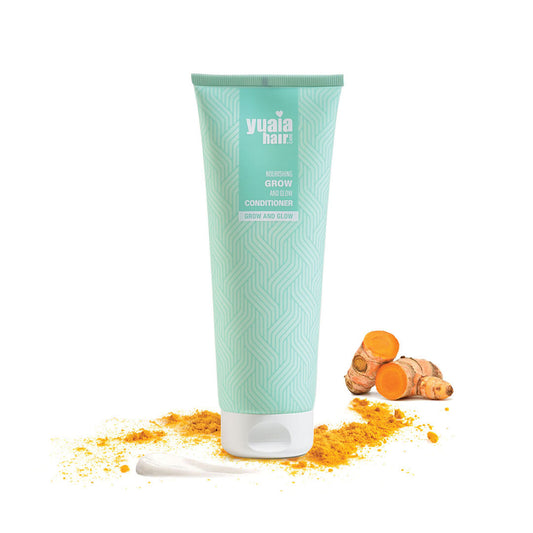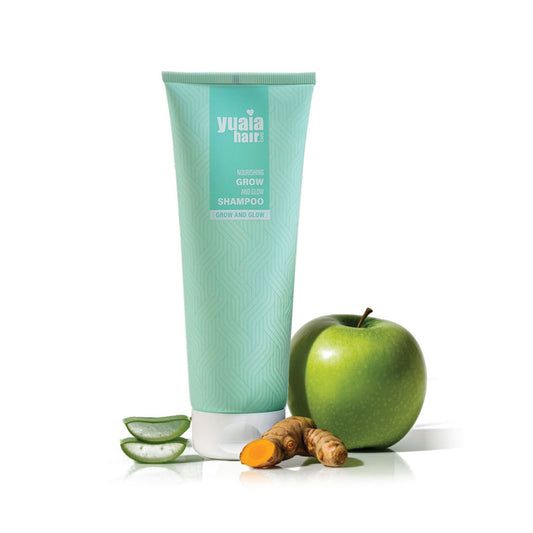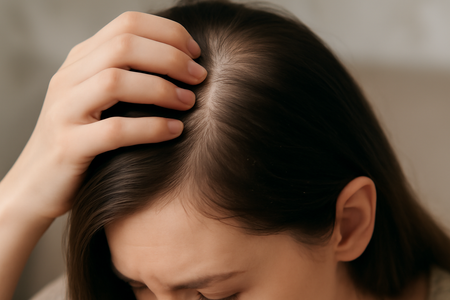
Common Concerns and Misconceptions
There is a widespread belief that dandruff directly causes hair loss, but this is a misconception. Dandruff itself does not lead to hair thinning or loss. The primary issue with dandruff is the irritation it causes to the scalp, not damage to the hair follicles themselves. However, the indirect effects of dandruff can contribute to hair thinning, which is why understanding these factors is essential.
One of the indirect ways dandruff can contribute to hair thinning is through the intense itching it causes. This itching can lead to frequent scratching, which in turn can damage the hair follicles and cause increased shedding. Additionally, the inflammation associated with dandruff, especially when linked to conditions like seborrheic dermatitis, can disrupt the healthy environment needed for hair growth. This inflammation can weaken hair follicles over time, potentially leading to temporary thinning.
It's important to note that while dandruff can contribute to hair thinning through these indirect mechanisms, the hair loss is usually temporary. Once the underlying scalp condition is managed and the inflammation is reduced, hair often regrows. For those looking to maintain a healthy scalp and prevent secondary hair thinning, adopting a gentle scalp care routine is recommended.
Direct vs. Indirect Effects of Dandruff on Hair Thinning
It's important to clarify that dandruff does not directly result in hair thinning or loss. The primary issue with dandruff is the irritation it causes to the scalp, which can lead to itching. This itching can become intense, prompting frequent scratching. Over time, this persistent scratching can damage hair follicles, leading to increased shedding and temporary thinning. While the dandruff itself isn't damaging the hair, the actions it provokes can indirectly contribute to hair thinning.
The Role of Inflammation and Underlying Conditions
Chronic inflammation is another factor that can link dandruff to hair thinning. Conditions like seborrheic dermatitis, which is often mistaken for regular dandruff, can cause significant inflammation. This inflammation can weaken hair follicles and disrupt the healthy growth cycle of hair. Differentiating between dandruff and other conditions like scalp psoriasis is crucial, as these conditions can have more severe impacts on hair health due to the level of inflammation involved.
Temporary vs. Permanent Hair Loss
Hair loss associated with dandruff or related scalp inflammation is typically temporary. Once the underlying scalp condition is managed and inflammation is reduced, hair usually regrows. Only in rare cases, where severe inflammation leads to scarring, can hair loss become permanent. Therefore, addressing dandruff and any underlying conditions promptly is essential in preventing long-term hair issues.
A Balanced Approach to Scalp and Hair Care
If dandruff persists or if you experience significant hair thinning, it is advisable to seek professional advice. A dermatologist can provide a proper diagnosis and recommend appropriate treatments for more severe scalp conditions. Addressing both dandruff and any underlying scalp issues is crucial for maintaining overall hair health and preventing further complications.
Maintaining Scalp Health and Hair Growth
While dandruff itself does not directly cause hair thinning, maintaining a healthy scalp is important for preventing secondary issues that can contribute to hair shedding. Implementing a gentle scalp care routine is essential. Using products specifically made to combat dandruff and reduce inflammation can help ensure a balanced scalp environment. This, in turn, supports healthy hair growth.
Our Grow and Glow shampoo and conditioner are made to support scalp health, reducing the risk of inflammation and promoting a healthy scalp environment. These products help maintain a balanced scalp, which is important for preventing hair thinning associated with dandruff-related irritation.
Frequently Asked Questions
Can dandruff directly cause hair loss?
No, dandruff does not directly cause hair loss. It primarily affects the scalp, leading to flaking and itching.
How does scratching affect hair health?
Frequent scratching due to dandruff-related itching can damage hair follicles, leading to temporary hair thinning.
Is hair loss from dandruff permanent?
In most cases, hair loss linked to dandruff is temporary. Once the condition is treated, hair often regrows.
How can I differentiate between dandruff and other scalp conditions?
Consult a dermatologist for a proper diagnosis, as conditions like seborrheic dermatitis or scalp psoriasis may require different treatments.
Seeking Professional Advice
If dandruff persists or if significant hair thinning occurs, it is advisable to consult a dermatologist. A professional can provide a proper diagnosis and recommend appropriate treatments for more severe scalp conditions. Addressing both dandruff and any underlying scalp issues is important for maintaining overall hair health and preventing further complications.
 2-5 day delivery
2-5 day delivery
 25.000+ satisfied customers
25.000+ satisfied customers
 Satisfaction Guarantee
Satisfaction Guarantee









